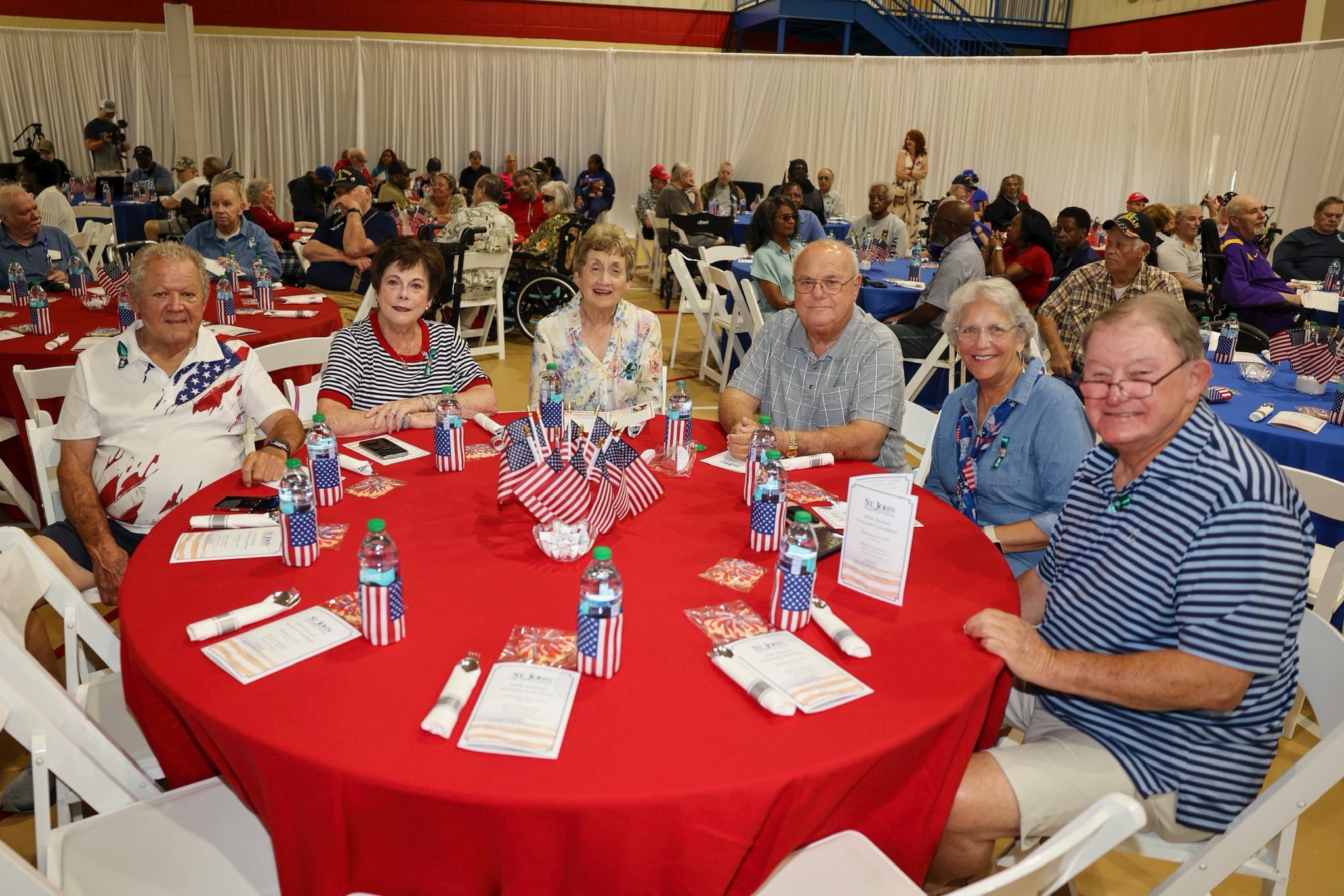The Gray Line Tour
Published 12:00 am Monday, February 15, 1999
By Leonard Gray / L’Observateur / Febuary 15, 1999
Yesterday’s barge accident on the Mississippi River, where more than 100 barges broke free in the high, rushing water and swept more than 30 miles downstream, brings to mind an important point. Although, in thisparticular case, nearly every barge contained grain, it might’ve just as easily been some flammable or hazardous chemical.
Three of the barges sunk, which could have released thousands of gallons of some hazardous material, and endangered lives through the drinking water intake of area waterworks.
Not long ago, public officials were approached about the notion of a placard or sign detailing the contents of a barge. While the idea met withinitial resistance from the U.S. Coast Guard, most government officialscontacted supported the notion, some expressing surprise it wasn’t already common practice.
It’s law for long-distance trucks and railcars to be labeled with their contents. It simply makes good sense, especially in the case of accidents.However, even with rail accidents, the effects tend to be contained to a small area.
This barge accident, however, extended to 30 miles.
Yesterday’s accident likewise illustrated the importance of the Mississippi River to its neighbors. Historically, the river was not seen asa barricade from one side to the other, but an avenue. It’s still an avenueof commerce, providing a shipping lane into America’s heartland. Billionsof dollars travel through this region, in imports and exports, and an accident which paralyzes that traffic is not a minimal accident. Even withno injuries or deaths reported from this accident, deadlines will be missed somewhere, shipments will be delayed and the ripple effects will be felt around the world.
It is entirely possible somewhere that children will starve because a grain shipment was delayed. Even locally, cash flow for some shipperaffected by the accident could have its economic effect.
We are insulated from the river’s presence by the levees. Time was, theresidents of the River Parishes had an intimate knowledge and daily familiarity of the Mississippi River. We often attended church by crossingthe river. We sold our home-grown goods and used it for travel, as roadsfor the most part did not exist.
It often takes an accident such as Friday’s to remind us of the paramount importance the Mississippi River has, not only on us but also around the world. As the lifeline for America’s Breadbasket, it is the avenue by whichmuch of the world is fed, and the gasoline in our cars is derived from oil often brought through that very same stretch of river hit by the accident.
Certainly though, from time to time, the river will remind us of its importance to us all.
Leonard Gray is a reporter for L’Observateur
Copyright © 1998, Wick Communications, Inc.
Internet services provided by NeoSoft.
Best viewed with 3.0 or higher





